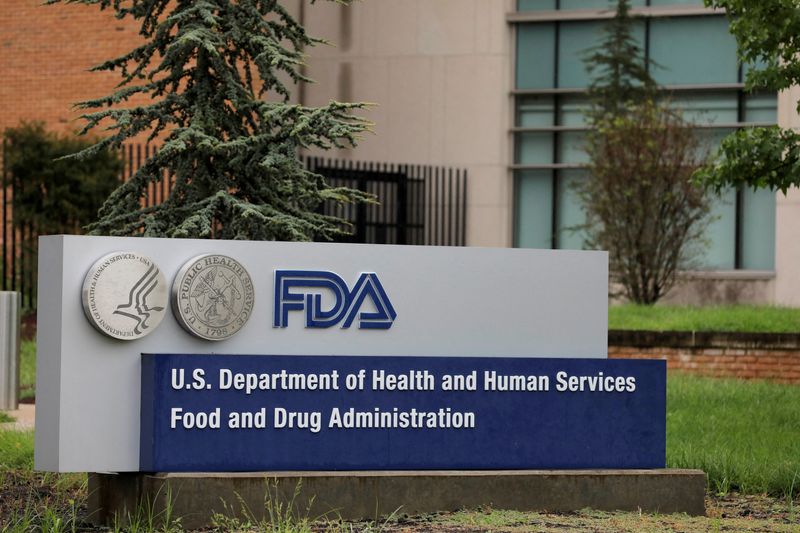By Aditya Samal
(Reuters) -Shares of Sarepta Therapeutics Inc slumped as much as 21% on Friday on uncertainty over its gene therapy for Duchenne muscular dystrophy after the U.S. health regulator reversed its decision on a panel meeting.
The U.S. Food and Drug Administration planned to hold a meeting of its independent experts to review the gene therapy, the company said late on Thursday, less than a month after saying it would not do so.
“This change adds drama to the equation,” said Baird analyst Brian Skorney. The FDA’s inconsistency may be a signal of more internal debate than previously anticipated, he said.
Sarepta is developing SRP-9001 as the first gene therapy for the treatment of Duchenne muscular dystrophy, an inherited disorder of progressive muscular weakness typically seen in boys. The company already markets three drugs for the condition.
The target action date for the therapy is May 29. The company said it did not expect a delay, while an FDA spokesperson told Reuters in an email that the agency was looking to schedule a meeting in a “timely manner”.
Gene therapies such as BioMarin’s bleeding disorder therapy have faced setbacks and tough scrutiny in the past, but the FDA approved multiple such products in 2022. Such therapies are typically priced high for many are one-time treatments.
Roche holds the right to launch and commercialize SRP-9001 outside the U.S.
Massachusetts-based Sarepta said in February the FDA did not plan a meeting, which helped shares post their biggest one-day percentage gain in over three years.
The company’s shares were last trading at $120, 2% below the price prior to the February announcement.
(Reporting by Aditya Samal; Editing by Krishna Chandra Eluri and Sriraj Kalluvila)
